
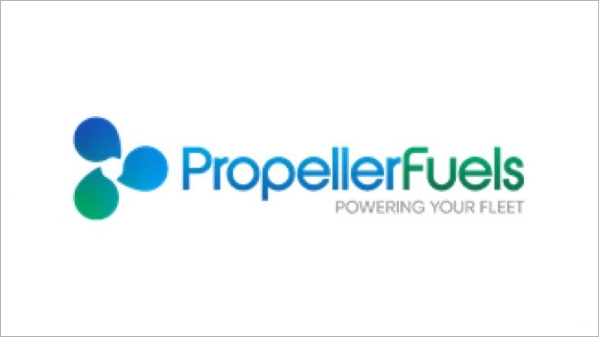
|
Propeller Fuels reviewing applicants for Singapore bunker trader position
Bunker firm looking to hire trader to foster new business growth and sustain customer relationships. |
|
|
|
||
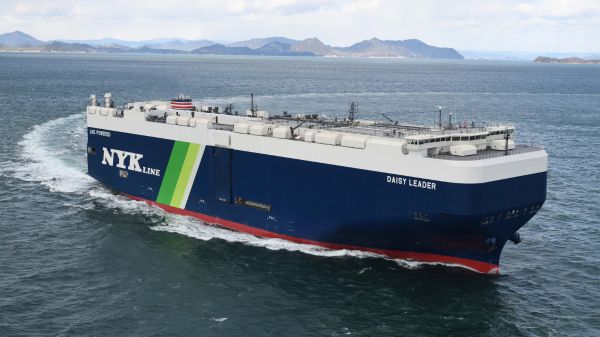
|
XFuel raises $20m Series A to scale low-carbon drop-in fuel production
Maritime investors NYK Line and Stolt Ventures back waste-to-fuel technology targeting shipping decarbonisation. |
|
|
|
||
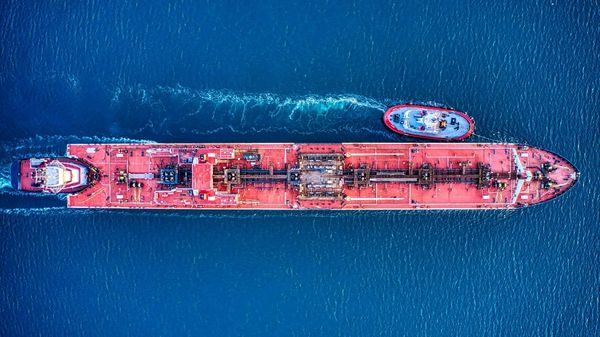
|
Fuel treatment technology shows 21% efficiency gain in university tests
Fuelre4m's technology reduced fuel consumption in marine engines without modifications, according to an Athens university study. |
|
|
|
||
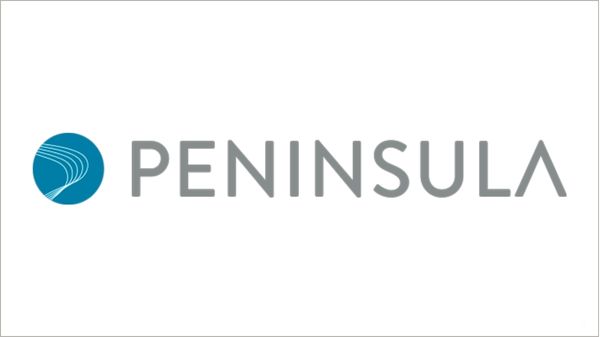
|
Peninsula seeks bunker trader for Houston office
Marine fuel supplier Peninsula is recruiting a bunker trader to be based in Texas. |
|
|
|
||
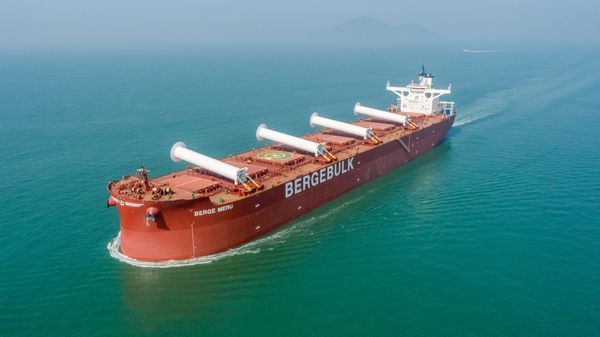
|
Berge Bulk completes second rotor sail installation with Anemoi on Newcastlemax vessel
Four folding rotor sails installed on Berge Meru following earlier deployment on Valemax vessel. |
|
|
|
||
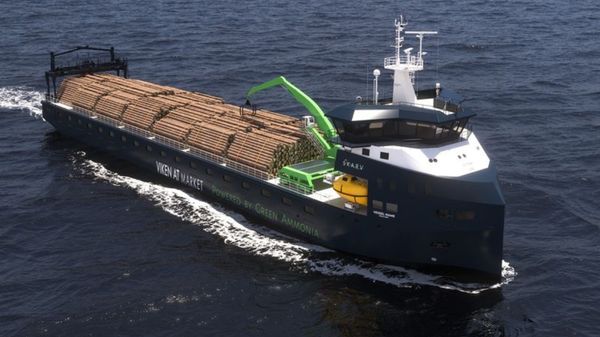
|
Wärtsilä to supply ammonia engine for Skarv Shipping newbuild in China
Norwegian operator’s vessel will be the first newbuild to use Wärtsilä 25 Ammonia solution. |
|
|
|
||
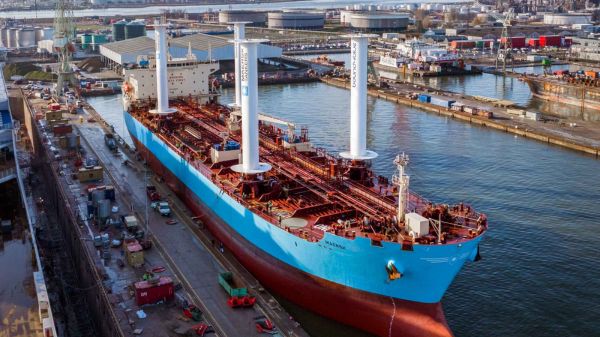
|
Bound4blue installs first wind propulsion sails on Maersk Tankers vessel
Spanish firm fits four 24-metre eSAIL units on Maersk Trieste under 20-sail contract. |
|
|
|
||
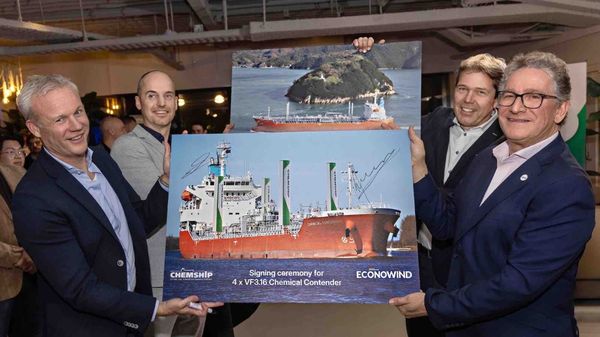
|
Chemship orders VentoFoils for two more chemical tankers after fuel savings of up to 15%
Dutch operator returns to Econowind for wind propulsion systems on Chemical Contender and Chemical Fighter. |
|
|
|
||
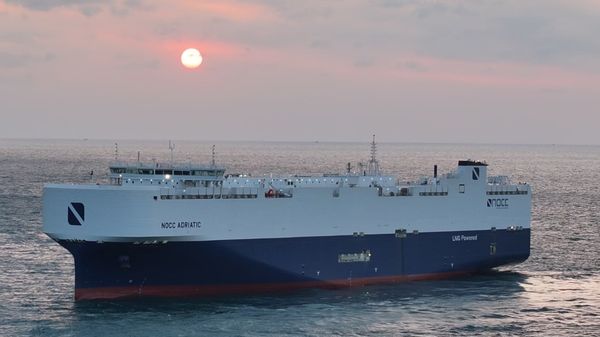
|
CIMC Raffles delivers 7,000-car LNG-fuelled carrier 70 days ahead of schedule
Norwegian Car Carriers takes delivery of dual-fuel PCTC NOCC Adriatic from Chinese shipyard. |
|
|
|
||
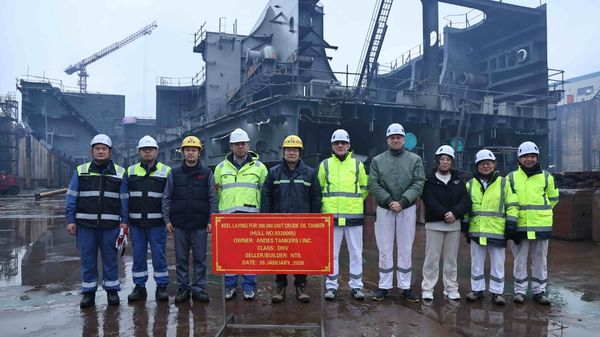
|
Keel laid for 298,000-dwt LNG dual-fuel VLCC
Construction begins on crude oil tanker for Andes Tankers I Inc. |
|
|
|
||
| Study suggests levy could cut NOx emissions by 70% [News & Insights] |
| MEPC 'failed to achieve the required minimum outcome' [News & Insights] |
| ICS 'welcomes progress' on CO2 reduction at IMO meeting [News & Insights] |
| Carnival fined for breaching Sydney's 0.1% sulphur limit [News & Insights] |
| ICS calls for 'immediate' decision on IMO sulphur cap [News & Insights] |